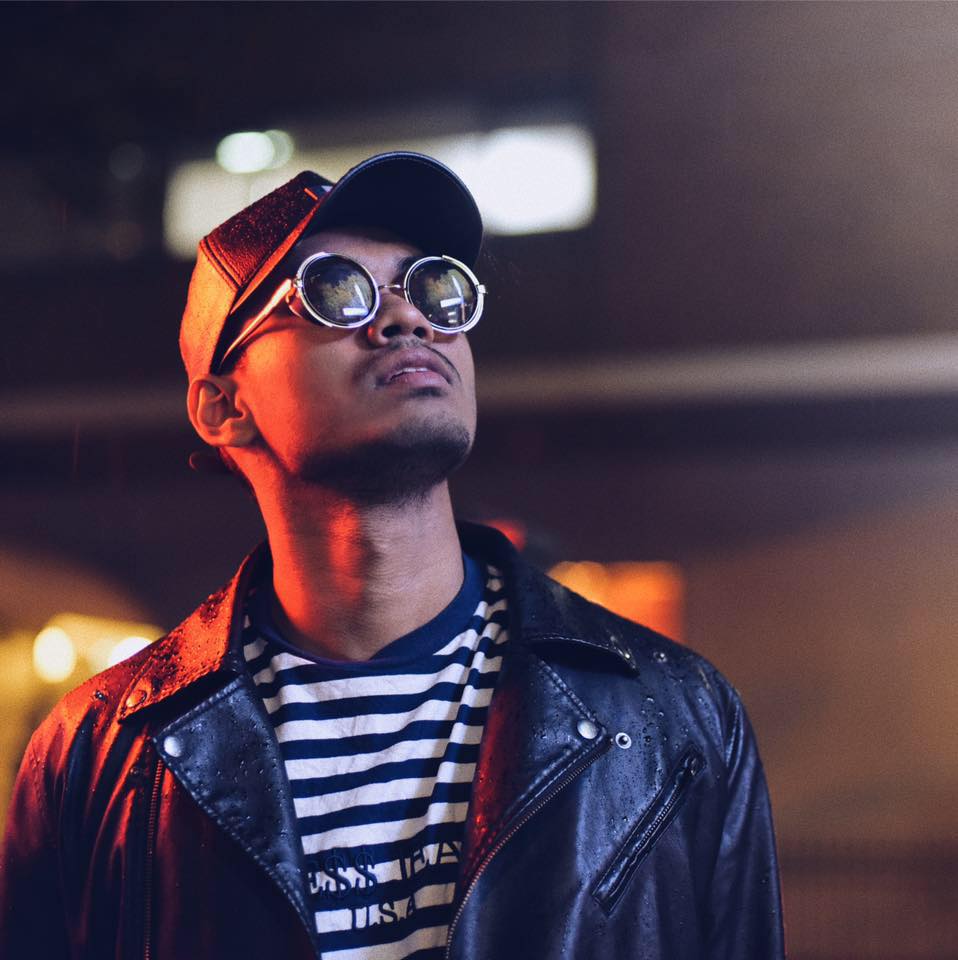Music industry gets a new prescription
BY EMILIO LANERA Deakin Biomedicine graduate Lakshane Fonseka and Monash Nursing graduate Nicole Marshall are stepping away from the medical profession to embark on careers in the music industry. Mr Fonseka and Ms Marshall said they enjoyed their...

BY EMILIO LANERA
Deakin biomedicine graduate Lakshane Fonseka and Monash nursing graduate Nicole Marshall are stepping away from the medical profession to embark on careers in the music industry.
Both agreed that studying for a degree was good, but music was their true passion.
A federal report into the Australian music industry released this month looked at ways to help up-and-coming artists establish a career.
Building mentorship programs was a key recommendation.
Ms Marshall, who is completing a Bachelor of Music at Melbourne University with a major in saxophone performance, said mentorship was important.
“I have a mentor at uni for my conducting ... and that is helping me so much to get exactly where I want to be,” she said.
Melbourne University already has their own mentorship and career development program called IgniteLAB, but Ms Marshall said more assistance should be provided, especially for younger students.
“I know for my colleagues that are 18 and just out of school ... they have these amazing creative dreams and they have this amazing gift to give, but it's not until your honours year, which is four years down the track, where you really get to start having that sort of mentorship,” she said.
The federal report said one of the biggest barriers for Australian artists was the cost of producing their own content.
Mr Fonseka, an independent RnB and hip-hop artist known as Lakshane on stage, said he had to self-fund his musical endeavours.
While studying biomedicine at uni he taught himself to produce music, and saved enough money to set up his own studio.
“I initially found it very hard to record and produce music. It would be once in every three or four months I would release a song. Now I can smash a song in a day because I have the setup,“ he said.
Mr Fonseka also produces his own music videos, which he said could be quite costly. He will be releasing a song titled Groupie in the next few weeks.
“I would say a full production ... and paying the videographer is about $1000 minimum. It's up to $5000 if you want something really good,” he said.
The report recommended introducing "quick response" grants to help fund Australian artists produce their own albums and music videos.
These grants are designed to help independent artists such as Mr Fonseka take advantage of time-sensitive opportunities.
Both Ms Marshall and Mr Fonseka said the Australian music industry had a long way to go in establishing itself as a viable career path, but are optimistic that it will get there eventually.
Ms Marshall said the situation seemed to be improving.
“I think we have a long way to go, but I think ... it seems to be getting easier rather than harder to make music in Australia,” she said.
Mr Fonseka said decent support could make a big difference to local success.
“If we support our artists, our artists can get to that point where we are making it big from Australia ... we don’t have to go to the US to make it big,” he said.





